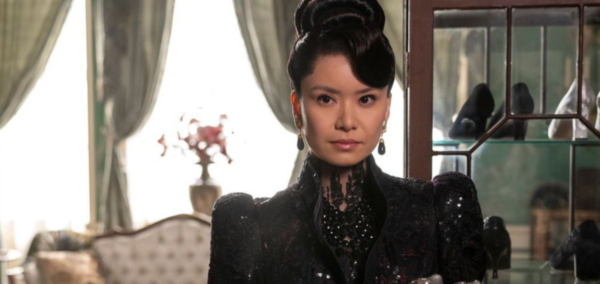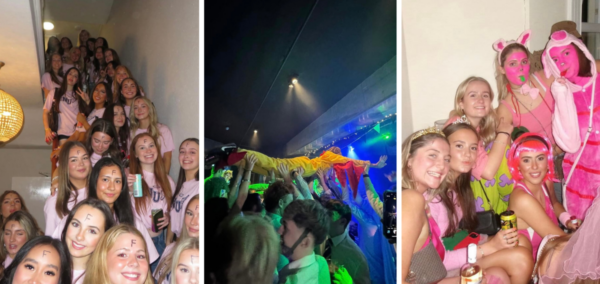
King’s College London study finds over half of men think gender equality has gone too far
This comes as shows such as Adolescence shine a spotlight on misogyny and toxic masculinity in the UK
A study at King’s College London has found that over half of men think that gender equality has gone too far.
Researchers at the university interviewed men and women from different generations as part of a study on gender equality.
The global study, conducted across 30 countries, found that 57 per cent of Gen Z men believe efforts toward gender equality have gone too far and now discriminate against men, while only 40 per cent of Gen Z women share this sentiment.
This 17 per cent gap between genders indicates a significant shift in how men and women perceive gender equality. Men thus appear to view gender equality not as a victory for the two sexes, but as an increasingly unbalanced dynamic that may be tipping in favour of women.
Individuals who identify as non-binary were not interviewed as part of this study.
The study also highlighted a stark contrast in self-identification with feminism. While 48 per cent of Gen Z women consider themselves feminists, only 33 per cent of Gen Z men do. This 15 per cent difference points to a deeper ideological rift, where women are more likely to identify with a movement that seeks to elevate their rights and opportunities.
The figures suggest that for young men, identifying as a feminist could be seen as controversial or even counterproductive in a climate where masculinity is being redefined in opposition to feminism.
The findings suggest that while gender equality remains a widely discussed issue, it is increasingly seen through different lenses depending on gender and geographical location.
Most Read
In Australia, the generational divide is even more pronounced, with 53 per cent of young women identifying as feminists compared to just 32 per cent of their male counterparts. This highlights not only a global trend but a specific regional context where cultural attitudes towards feminism may be influencing young people’s perceptions of the movement.
This disparity may also reflect broader societal norms around gender roles that persist, despite increasing calls for gender equality.
The report also examined the rise of gender-based ideological movements, such as the South Korean 4B movement – a movement to encourage women to disengage from marriage, dating, and traditional gender roles.
The movement has regained traction since Donald Trump’s re-election victory, especially on social media platforms like TikTok and Instagram. Supporters have advocated for disengagement from systems they view as oppressive.
@asianbossmedia Want to see more videos like this and stay informed about the latest developments in Asia and local perspectives? Check out AsianBoss.io for the most authentic insights from Asia that you won’t find in mainstream media. #korea #4bmovement #nodating #lowbirthrate #nomarriage #feminism #feminist #korean #asia #asianboss #staycurious
Young people are consequently engaging in alternative forms of activism, often shaped by global political developments and amplified by social media platforms.
At the same time, there is increasing concern over young men being drawn into the “manosphere”, an online space where figures like Andrew Tate promote narratives of masculinity as being in direct opposition to feminism.
The manosphere encompasses a network of blogs, forums, and social media influencers who push messages of male grievance, dominance, and rejection of gender equality.
Experts warn that this content is influencing young boys, shaping their perceptions of gender relations and contributing to an ideological split. Something viewers saw in Netflix’s Adolescence.
The influence of these online spaces suggests that the rise of digital platforms has given a louder voice to groups that support an anti-feminist viewpoint, impacting the way young men view both feminism and masculinity.
The study’s findings illustrate a growing polarisation, where young people are increasingly entrenched in competing ideologies, making progress toward gender equality seem less like a shared goal and more like a distant and contested ideal.
So, as these ideological divides deepen, the question remains: Is Generation Z still moving toward gender equality, or are we drifting further apart?



















